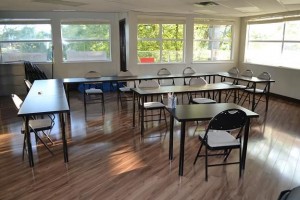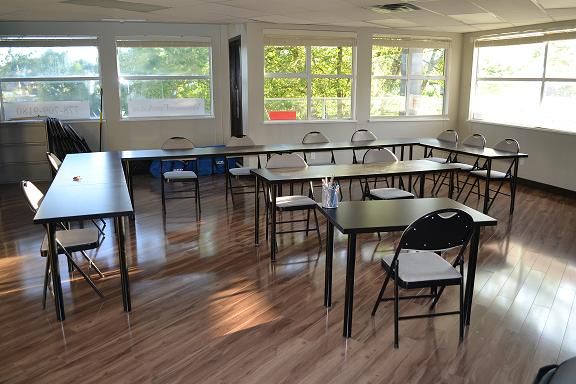Mastitis happens when the tissue in your breast becomes infected and it commonly affects women who are breastfeeding.
Mastitis usually happens during the first three months after giving birth or can happen later during breastfeeding.
Mastitis Risk Factors
You are at risk for mastitis if you are experiencing or have the following:
- Breastfeeding during the first few weeks after giving birth
- Cracked or sore nipples
- Breast not fully drained during feeding
- Wears tight-fitting bra, which restrict blood flow
- Fatigue
- Has history of mastitis in the past
Mastitis Causes
Mastitis is primarily caused by the obstruction of breast milk in the milk ducts. It can be the result of milk not being properly removed or expressed from the breast. Blockage of the milk can also result due to over-restrictive bra or tight-fitting clothing. It can also occur when the baby is not properly attached to the breast while feeding.
Another reason is when the bacteria enter into your milk ducts through a break or crack in the skin, thus causing infection. Mastitis can also build up after piercing your nipple. Other causes which may be related to mastitis includes stress and fatigue.
Mastitis Symptoms
Mastitis has several signs and symptoms which may occur immediately
- Breast tenderness
- Warm to touch breast
- Swelling of the breast
- Burning sensation while breastfeeding
- Feeling ill
- Redness of the skin
- Fever
Mastitis Test and Diagnosis
To find out if you have mastitis, your doctor will conduct physical examination and take into account the signs and symptoms you have. An ultrasound may also be performed to know whether the mass is an abscess or a tumor. If it is infected, it should verify what type of organism is causing the infection. Cultures can help establish what type of antibiotic is to be used. Mammograms or breast biopsies may be done in severe cases.
Mastitis Treatment
Treatment may include antibiotics and pain relievers. But there are methods to alleviate or relieve mastitis.
- Adjust you breastfeeding technique. Empty your breasts during feeding. Make sure that your baby latches on properly.
- Do not stop breastfeeding you baby, especially to the affected side. Keep them well drained.
- Rest as much as you can
- Drink more fluids to fight infection
- Apply warm compress to your breast, or have a warm bath or shower.
- Gently massage your breast
- Avoid over-filling of milk before breastfeeding
Mastitis Complication
Mastitis may recur that would lead to complications like milk stasis and abscess. Milk stasis occurs when the milk is not completely drained. This will cause increase pressure on the ducts and leakage of milk to the surrounding tissues. While abscess, on the other hand is the most severe complication of mastitis. An abscess is a collection of pus that will eventually require surgical drainage.
Mastitis Prevention

- Fully drain your milk from your breast during breastfeeding
- Alternate your breast at each feeding
- Change your position from one breast feeding to the next
- Be sure that your baby latches on properly
- Don’t let you breast be a pacifier by your baby

